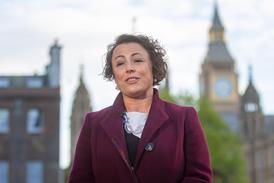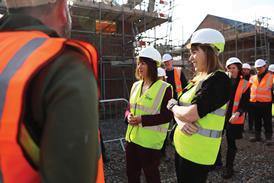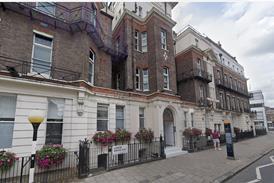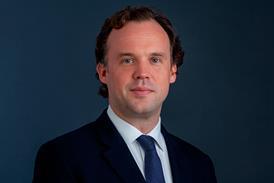Increases in government financial support to those affected by the contaminated blood products scandal should not be regarded as compensation, a victims’ lawyer has said.
The Department of Health today increased the funding for the infected blood support scheme in England from £46.3m a year to £75m. This will provide uplifted payments to people who suffered harm from infected blood treatments. The upper threshold level for bereaved families to get means-tested support will also rise.
A long-awaited public inquiry into the contaminated blood scandal began today and is expected to last for more than two years. Thousands of people with haemophilia were infected with hepatitis C or HIV in the 1970s or 1980s, with thousands more exposed through blood transfusions after an operation or childbirth.
Des Collins, senior partner of Hertfordshire firm Collins Solicitors, is representing more than 1,000 victims and their families, as well as eight campaign groups, at the Infected Blood Public Inquiry.
He acknowledged the government had increased support payments for some victims, but questioned what difference the extra funds would make.
‘The increase in the payments heralded today by the government is minuscule in real terms for those whose health has suffered so significantly, for so long,’ said Collins. ‘Furthermore, they bring us no closer to a fair and final resolution. These payments should not be seen as any form of compensation. The government has denied compensation to the victims since the scandal emerged and continues to maintain this position.’
A group action continues in the High Court, entirely separate to the public inquiry, which will decide whether compensation should be paid. Collins urged the government to accept liability and pay damages now, ‘to spare them the torment of a lengthy legal battle as more victims die’.
In a written statement to the House of Commons, health minister Jackie Doyle-Price said today’s announcement ‘reconfirms the government’s commitment to providing those affected by the infected blood tragedy of the 1970s and 1980s with a fair and transparent support scheme, one which focusses on their welfare and long-term independence’.
The public inquiry, chaired by retired judge Sir Brian Langstaff, followed a consultation which generated almost 700 responses. The inquiry team also includes counsel Jenni Richards QC, three junior counsel, two solicitors, four investigators and four investigative lawyers.
Almost 1,700 people who are infected and affected have been appointed as core participants.
Other law firms representing parties at the inquiry include Hudgell Solicitors, Leigh Day, Milners Solicitors, Thompsons Solicitors Scotland and Watkins & Gunn Solicitors (all representing affected individuals), Eversheds Sutherland (representing the Haemophilia Society), Hempsons (representing UKHCDO) and Weightmans (representing NHS Blood and Transplant).



























5 Readers' comments